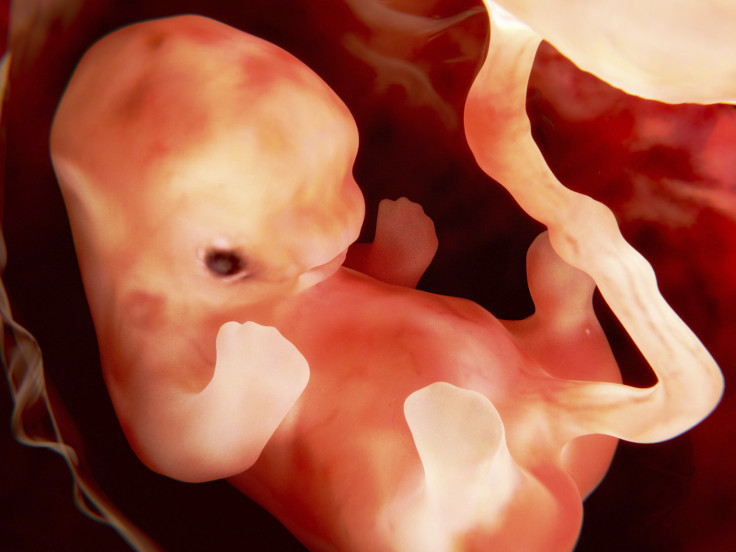Guevedoces: The village where many boys are born girls and grow penises at puberty

A small village in the Dominican Republic is home to children who suffer from an odd condition, it has been revealed. Salinas, located in the Barahona Province in the south-west of the country, has a village-wide phenomenon where around one in 90 girls transform to boys when they reach puberty.
The transformation has been dubbed as "guevedoces" – which literally translates as "penis at 12". It is better known by medical professionals as pseudohermaphrodite. The guevedoces were first noted by Cornell University professor Dr Julianne Imperato in the 1970s. Since then, scientific analysis has shown that the male children are born without male genitalia because they have a reductase enzyme deficiency – the enzyme which converts testosterone into dihydro-testosterone in the womb. As a result, they do not grow male genitalia until they hit puberty when the testosterone kicks in.
A new BBC2 documentary series called Countdown to Life followed some of the sufferers of the condition. One 24-year old man, Johnny, was born Felicita. He told the broadcaster: "I remember I used to wear a little red dress.
"I was born at home instead of in a hospital. They didn't know what sex I was. I went to school and I used to wear my skirt. I never liked to dress as a girl. When they bought me girls' toys I never bothered playing with them. All I wanted to do was play with the boys."
BBC presenter Dr Michael Mosley told the Mirror: "I hated going through puberty; voice cracking, swinging moods, older brother laughing at me. But compared to Johnny, I had it easy. Guevedoces are also sometimes called 'machihembras' meaning 'first a woman, then a man'.
"When they're born they look like girls with no testes and what appears to be a vagina. It is only when they near puberty that the penis grows and testicles descend. When Dr Imperato investigated the Guavadoces she discovered the reason they don't have male genitalia at birth is because they are deficient in an enzyme called 5-α-reductase, which normally converts testosterone into dihydro-testosterone.
"By a quirk of chance Dr Imperato's research was picked up by the American pharmaceutical giant, Merck. It used her discovery to create a drug called finasteride, which blocks the action of 5-α-reductase. It is now widely used to treat benign enlargement of the prostate and male pattern baldness. For which, I'm sure, many men are truly grateful."
© Copyright IBTimes 2025. All rights reserved.






















